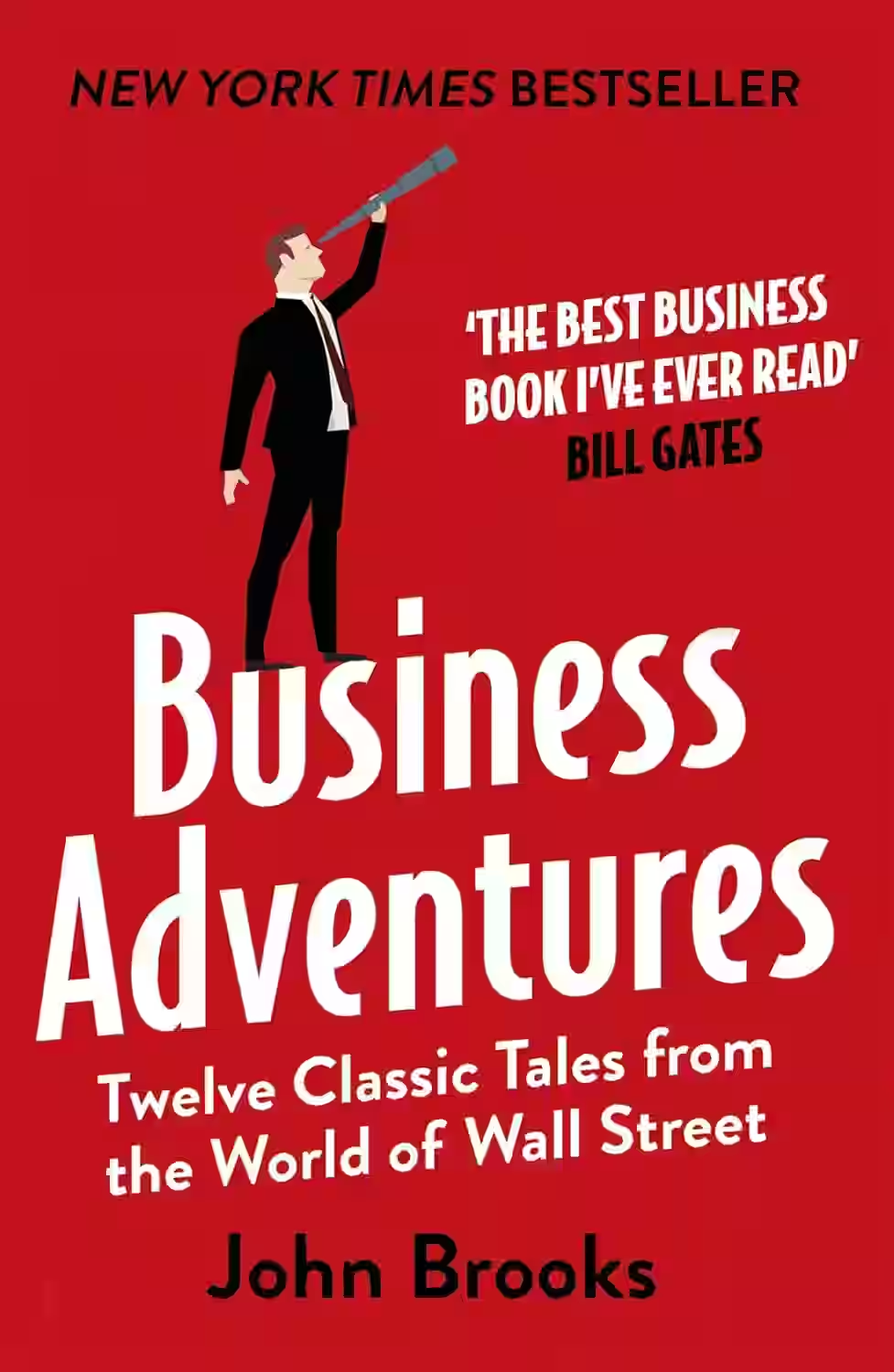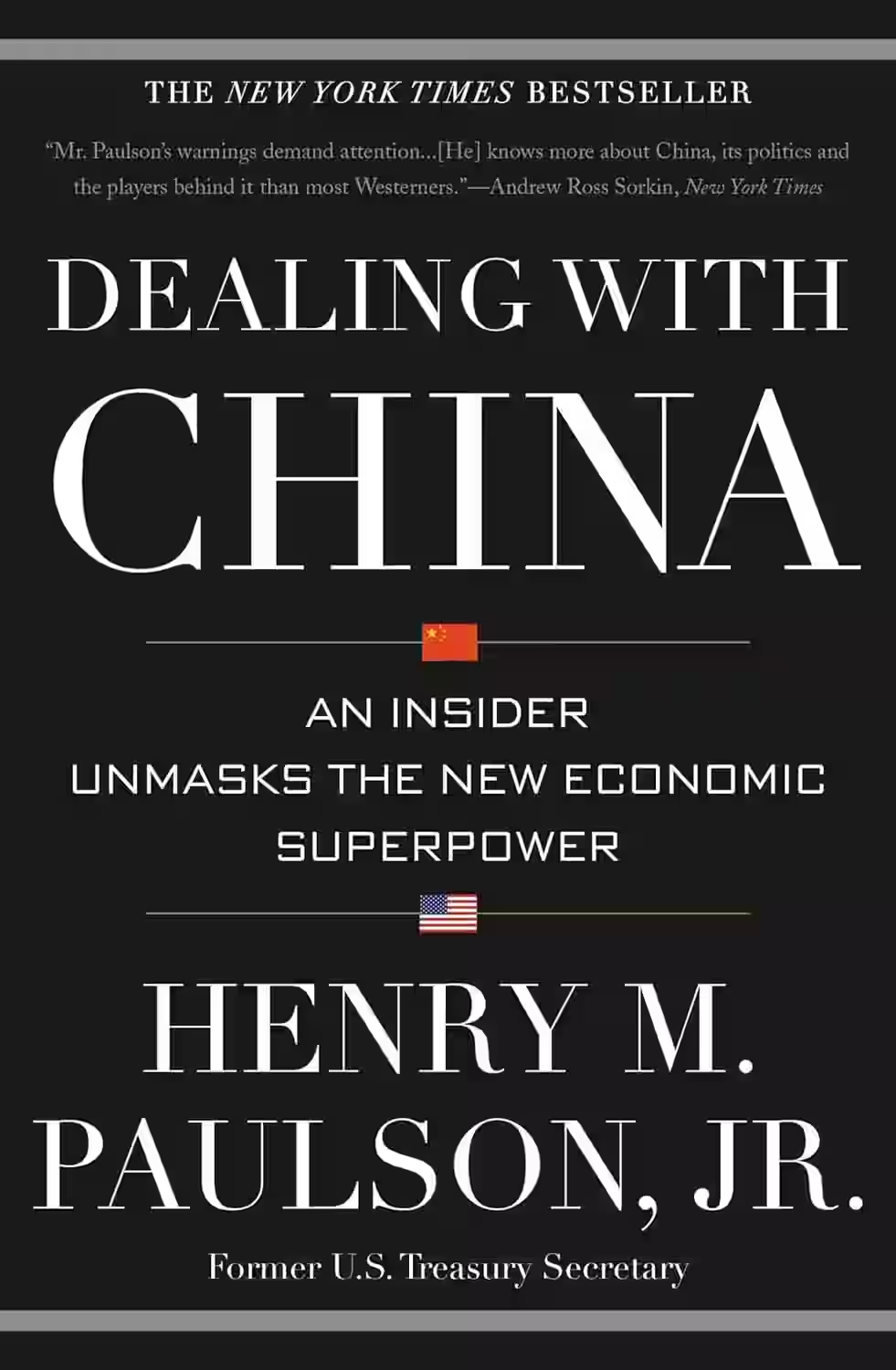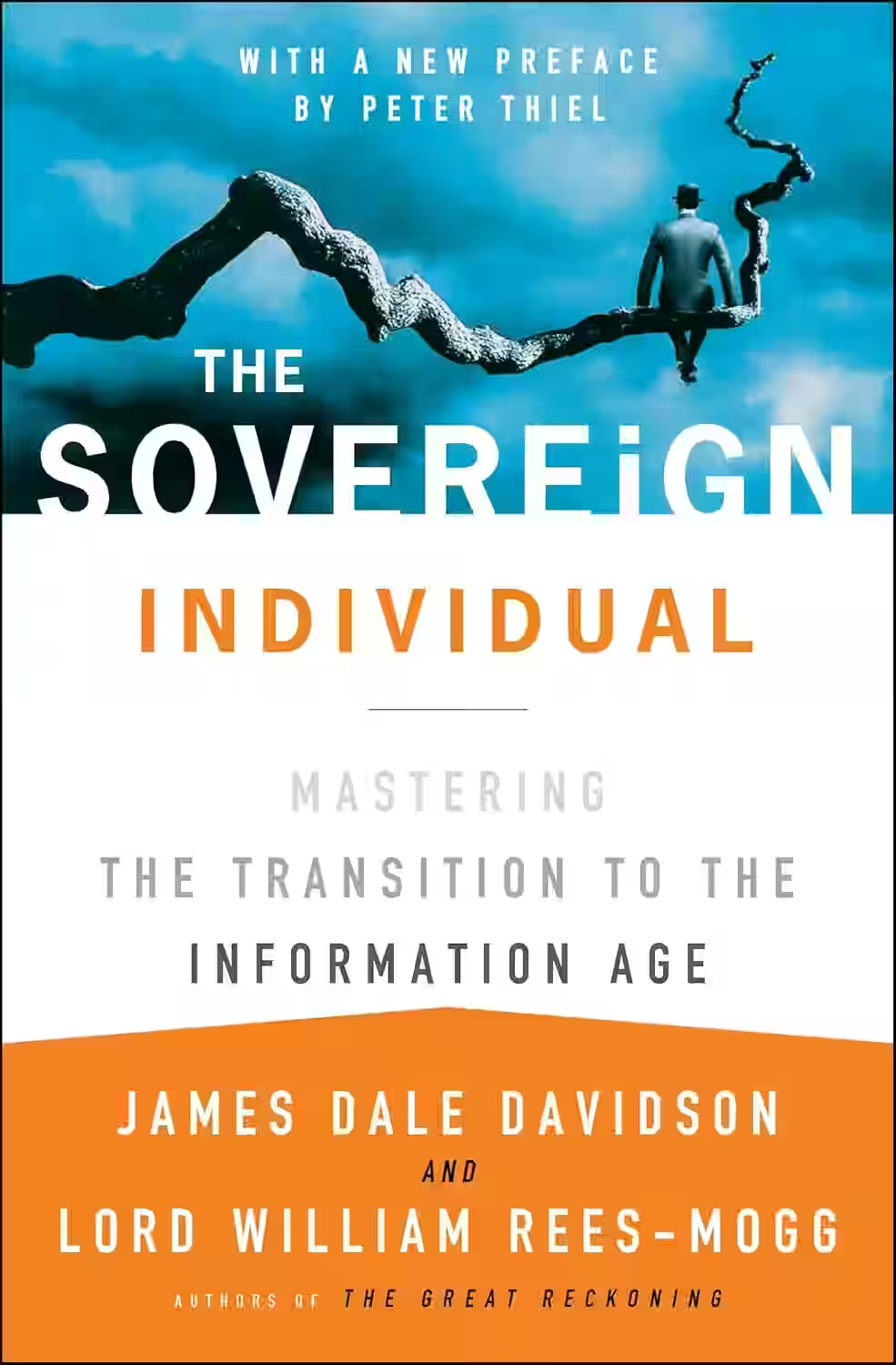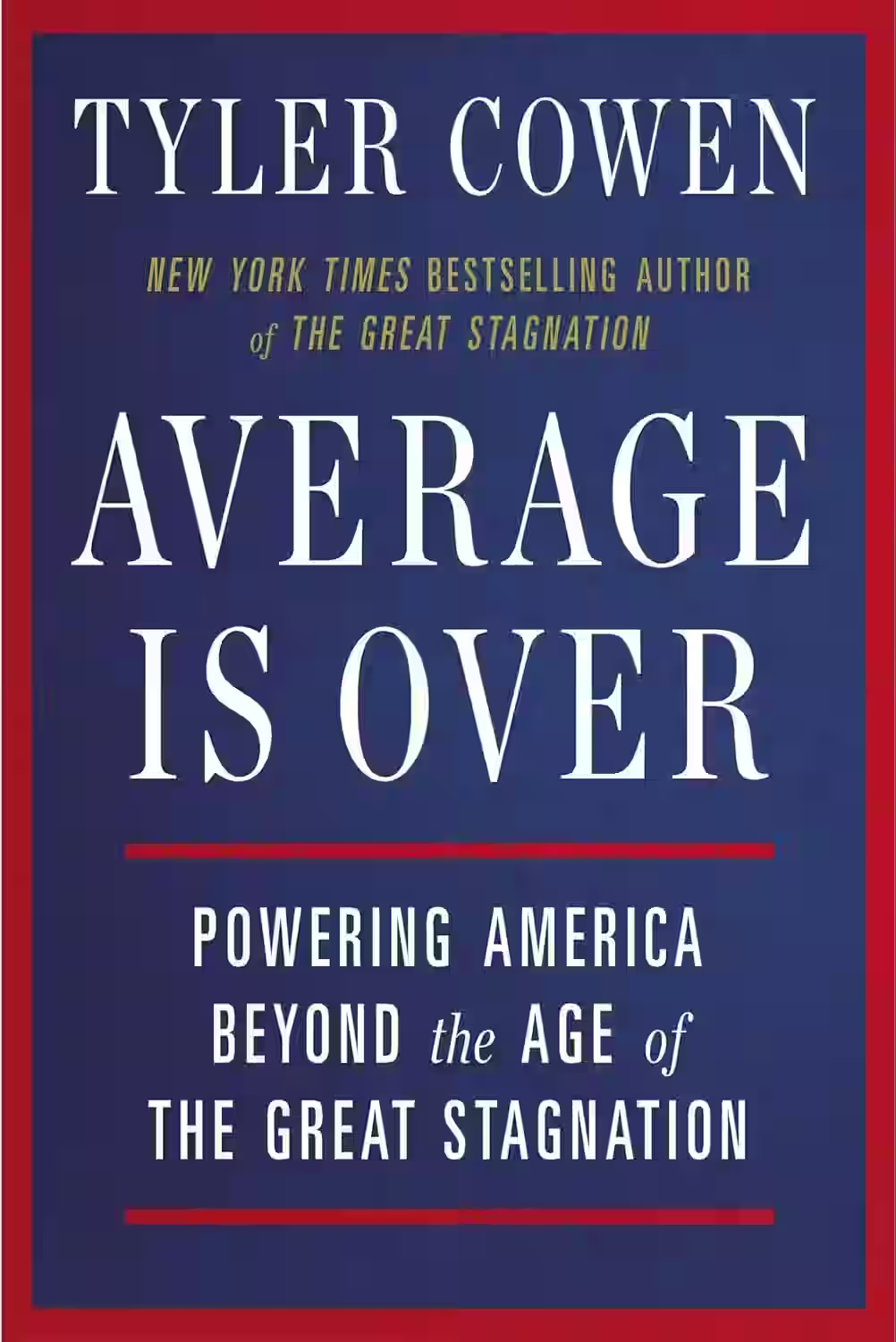
In 'Business Adventures,' John Brooks delves into the intriguing world of business through a collection of twelve riveting tales that explore the highs and lows of corporate America. Through detailed narratives of various business events, Brooks sheds light on timeless lessons that remain relevant in today's business landscape. From the rise and fall of giants like Ford and Xerox to the financial intricacies of the stock market crash in 1962, this book offers valuable insights into the essence of entrepreneurship, management, and decision-making. Brooks' storytelling prowess and keen observations make 'Business Adventures' a classic that continues to captivate and educate readers.
About John Brooks
John Brooks, an American writer born in 1920, is best known for his insightful works on business and finance. With a keen eye for detail, Brooks delved into the inner workings of Wall Street and corporate America, offering readers a unique perspective on the world of business. His seminal works, including 'Business Adventures' and 'The Go-Go Years,' not only garnered critical acclaim but also influenced a generation of aspiring entrepreneurs and financial analysts. Brooks' ability to demystify complex financial concepts and present them in a captivating narrative style solidified his reputation as a master storyteller in the realm of business literature.
Similar Books

The Wealth of Nations: Books IV-V
by Adam Smith
Series: The Wealth of Nations (#2)
Books IV–V of The Wealth of Nations critique existing economic policies and propose a framework for limited but essential government intervention. In Book IV, Smith dissects the mercantile system, rejecting trade restrictions and monopolies while advocating for free trade. He critiques colonialism and tariffs, favoring open markets. Book V addresses the role of the state in education, justice, defense, and infrastructure—functions Smith sees as necessary for a stable, prosperous society. These volumes balance his case for laissez-faire economics with the need for public investment, rounding out his vision of a functional, ethical, and productive political economy.

Dealing with China
Former U.S. Treasury Secretary Henry Paulson offers an insider’s perspective on China’s economic transformation and its complex relationship with the United States. Drawing on his years of engagement with Chinese leaders as a top executive at Goldman Sachs and a U.S. policymaker, Paulson charts China’s rise, challenges, and ambitions. He candidly addresses issues like financial reform, environmental policy, and the shifting global power balance. Dealing with China is both a memoir and a strategic guide, offering practical insights for navigating U.S.–China relations in an increasingly interconnected world. It’s essential reading for policymakers, investors, and global thinkers.

The Sovereign Individual
by James Dale Davidson, William Rees-Mogg
Published in 1997, The Sovereign Individual predicts the rise of the digital age and its impact on individual autonomy and state power. The authors argue that technological advancements, particularly the internet, will diminish the influence of governments and empower individuals to take control of their own lives. They foresee a future where traditional institutions are challenged, and personal sovereignty becomes paramount. This provocative work offers a foresightful analysis of the intersection between technology, economics, and personal freedom.

Average Is Over
by Tyler Cowen
In Average Is Over, economist Tyler Cowen explores the future of work and society in an age of technological disruption and widening inequality. He argues that automation and artificial intelligence will create a divide between those who can work with technology and those who cannot. The book predicts a future of high performance rewarded greatly, while the "average" worker may struggle. Cowen’s provocative analysis addresses education, economics, and social mobility, offering both warnings and strategies for adapting to a changing landscape. It’s an essential read for understanding the forces reshaping labor, wealth, and opportunity in the 21st century.